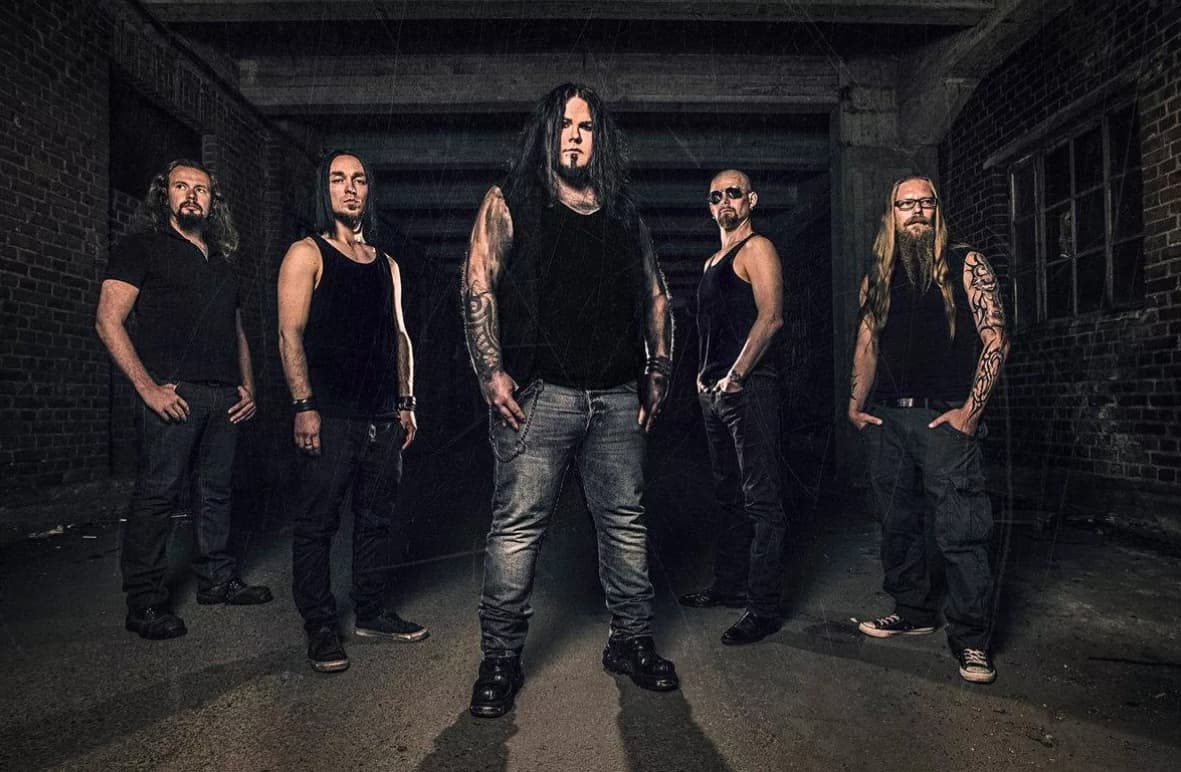Industrial Metal
Industrial metal, a subgenre within the metal music realm, emerged in the late 1980s. It’s characterized by its focus on distorted electric guitar sounds processed in an “industrial” manner.
Unlike traditional industrial music, which blends experimental, punk, and electronic dance elements, industrial metal amplifies the aggression with heavy metal riffs and abrasive guitar abuse.

Aggressive Expression
Industrial metal channels the darkness and intensity of classic heavy metal, while also incorporating the personal alienation found in punk and alternative music. Its lyrics often reflect themes of fear and isolation, evoking a sense of being enveloped by walls of noise, whether directed inward or at society.
Musical Elements
Incorporating influences from death, doom, and black metal, industrial metal bands infuse melodic riffing, distorted vocals, hypnotic rhythms, and recognizable song structures. Despite its harshness, industrial metal maintains a certain melodic and rhythmic allure.
Notable Bands
Industrial metal bands like Ministry, Fear Factory, Filter, Tool, and Godflesh deliver heavy, militaristic music that commands attention. Ministry pioneered the genre in the late 1980s, shaping its signature sound with pounding guitar riffs and distorted vocals.
Experimentation and Aesthetics
Some industrial metal acts, like Nine Inch Nails, delve into “industrial psychedelia,” experimenting with sound structures to create immersive experiences. Others, such as Marilyn Manson, prioritize aesthetic expression.
Mainstream Breakthrough
Nine Inch Nails, led by Trent Reznor, achieved mainstream success in the early 1990s with their catchy melodies and diverse compositions. Their popularity paved the way for similar bands to gain exposure on alternative radio stations. By the late ’90s, many alternative metal bands had adopted industrial influences, shaping their own aggressive soundscapes.
Related Posts
-
 Romantic Music Period
Romantic Music Period
Romantic music, a captivating creation of gifted composers, holds a special place
-
 Alternative Punk
Alternative Punk
Punk is more than just a genre of music; it’s a lifestyle,
